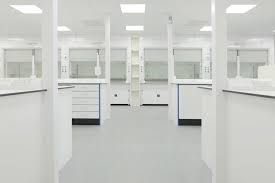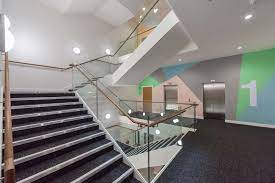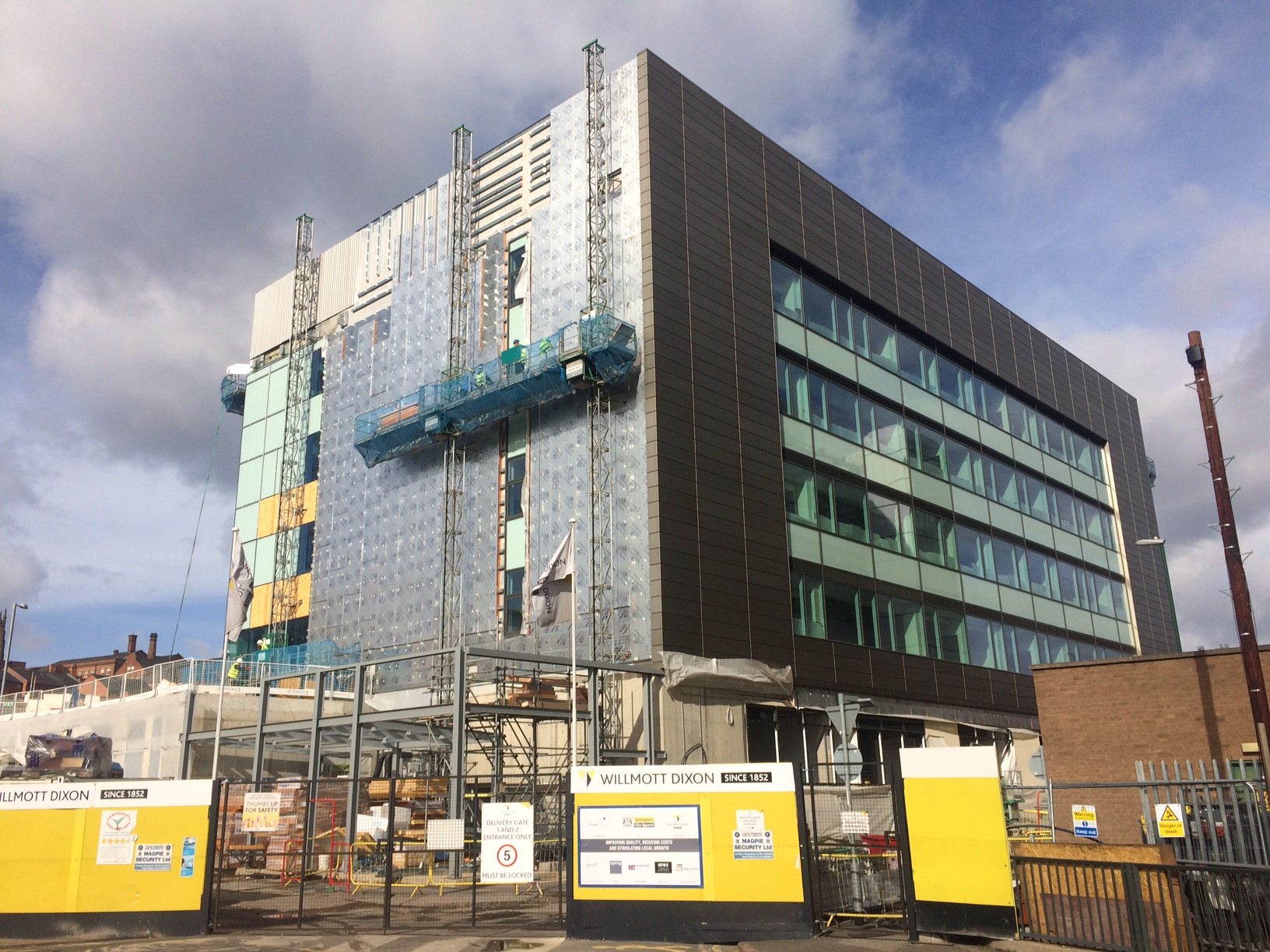University of Leeds: Sir William Henry Bragg building
Installing an IP CCTV system whilst the Sir William Henry Bragg building was undergoing a major £96m development.
Education - Nottingham
Account manager - Nick Hollins
System installed - Intruder detection and alarm, access control, fire detection and protection.
Details - TIS designed and installed a state-of-the-art security and life safety system.

Recently bought by Nottingham City Council, BioCity Nottingham is a bioscience park in central Nottingham, acting as the UK's largest bioscience innovation and incubation centre. Its new Life Science facility was built to attract more employers to Nottingham, potentially creating 250 specialist bioscience jobs by inviting a number of leading Life Science companies to make use of its incubator facilities.
A complex, prestigious and varied project, we were appointed to ensure that this new £30m five-storey, state-of-the-art Life Science building was properly and sustainably secured.

Working closely with our independent building contractor and consulting Nottingham City Council throughout proceedings to comply with its standards, we commenced work on designing the new building’s security infrastructure.
To accomplish this, we installed a series of state of the art, industry leading security systems and devices:
- An intruder alarm system that utilises dual technology PIR detection for optimum reliability.
- A hi-tech but user-friendly access control system, which can control over 500 doors and 40,000 users.
- Ensuring the multi-level building was adequately protected from fire by installing advanced fume detection devices in void spaces and internal ducting which can interact with the aforementioned access control system to unlock certain doors required for evacuation.

Closely collaborating with our main contractor Willmott Dixon and independent building services contractor Briggs & Forrester, we designed and installed integrated systems including fire alarms, disabled refuge, disabled WC, intruder alert and CCTV, together with multiple access control systems.
Additionally, in-line with Willmott Dixon’s industry leading sustainability track record, we successfully connected the new building to the district’s heating system, allowing for energy needs to be provided via the burning of Nottingham’s waste.
